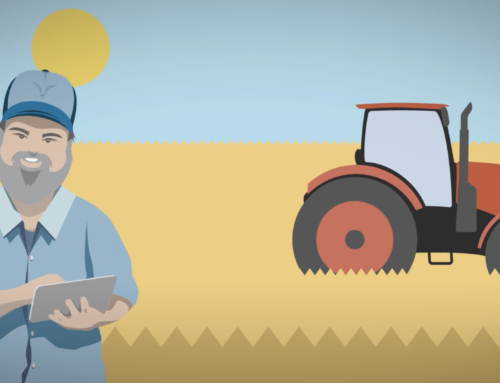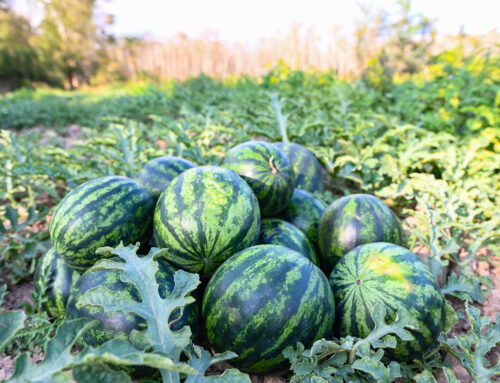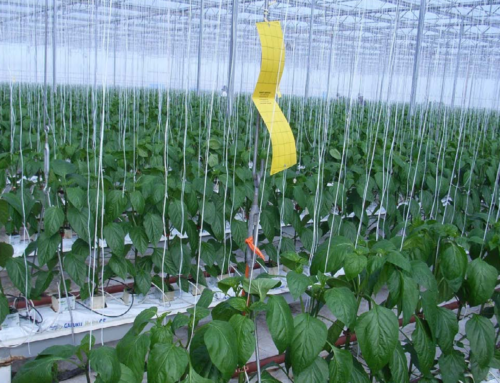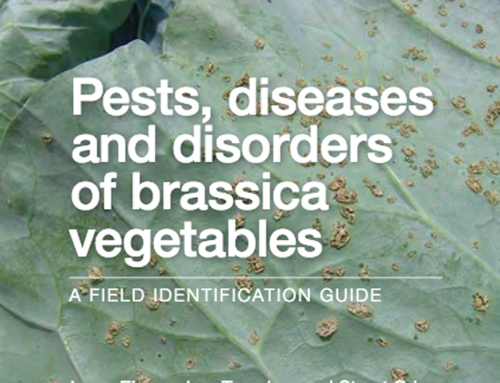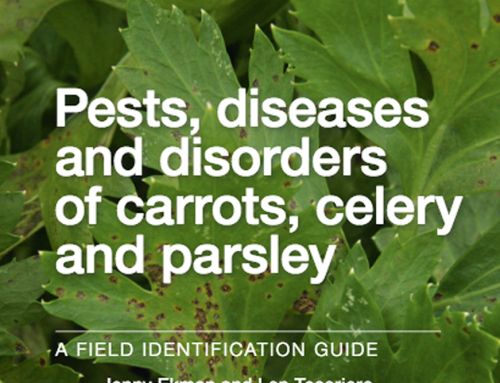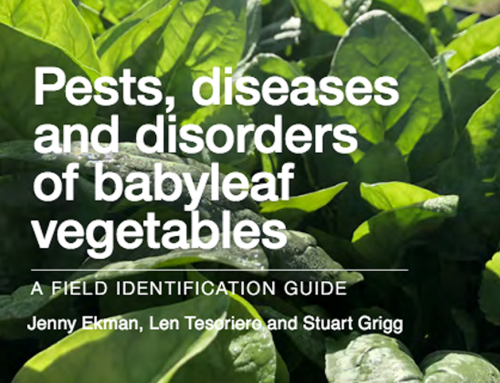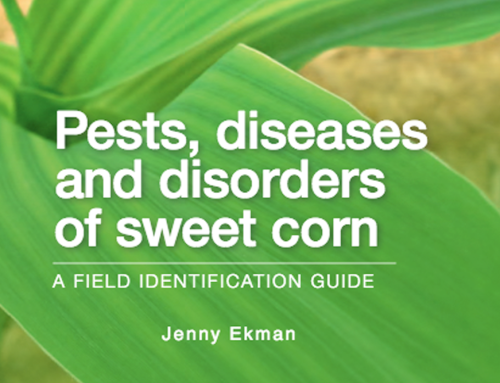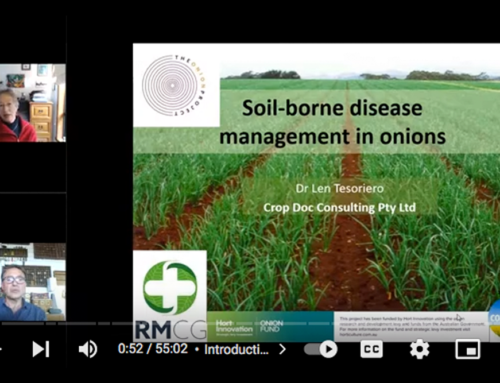A farm demonstration trial was set up for a preliminary assessment of the effect of soil amendment, Brassica carinata pellets (BioFence), on root health and crop growth of greenhouse capsicums in the Northern Adelaide Plains by the Hort Innovation soilborne diseases project (VG15010).
Preliminary findings suggested that BioFence at 200 g/m2 on its own, applied once, pre-planting, to a soil with high root knot nematode (Meloidogyne) levels did not provide adequate nematode control for a capsicum crop over a nine-month growing period. However, further work is required to understand the most beneficial and economically viable use of this type of soil amendment. It is possible that higher application rates, different timing, repeatedly or in combination with other practices, may be more effective.
BioFence may assist in suppressing soilborne diseases, if used when inoculum levels are low. While there was not adequate control of nematodes at the South Australian demo site, we still think it’s worth further investigation. If you are interested, please contact the Soil Wealth ICP project team.



